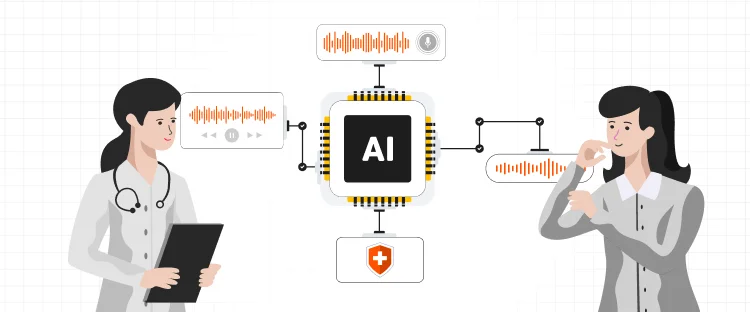A good translator should have exceptional skills in both the target languages and the source languages. The most effective way is to enlarge your vocabulary - focusing on the words you encounter in your translation projects. The specific ways are as follows:
Read in full the dictionary entries for each word. Use several sources and bilingual dictionaries, both paper and online: If your monolingual dictionary gives a meaning that is not covered in your bilingual dictionary, start to research how that specific word and meaning could be translated. Take notes of the example sentences given in the dictionary, and think how you could translate them.
Don't limit yourself at searching in dictionaries: consult also encyclopedias and other reference works: See how the words are used in context in a variety of situations. Also, online tools can be very helpful to see how the words you are studying are used in the real world, both in books and in web pages and documents: You should also think about what they mean in your source language and what their translation mean in your target language. How the meanings differ between the two languages, and how register, connotation and usage differ between the two languages.
Remember, every time you translate something, take careful note of all the words that you are uncertain about of that leave you with doubts: the words you are not sure what they mean, and those you know what they mean - but you don't know how to say the same in your target language. They are the starting points for further research.
Keep on doing these, as much and as thoroughly as you can, you'll see that your command not only of your source language, but also of your native language, will steadily improve.

Colorado is said to be one of the best places to do business because the business environment is very friendly
Read More
The global marketplace has become an attractive place for brands and businesses, where they strive to create a presence of
Read More
CAD, or computer-aided design and drafting (CADD), is the use of computer technology for design and design documentation. CAD software
Read More
Many global companies, foreign governments and Iranian are hoping to see an increase in investment in Iran after declaring the
Read More
Artificial intelligence has taken a big space in almost every industry. There is also a widespread acceptance that AI is
Read More
Persuasion is all about manipulating other people behavior. At first it might sound immoral but it doesn’t have to be.
Read More
Now days everyone is searching for good ideas for their company they wanted to be more creative, they wanted to
Read More
Technology has now much diverse roots in this age of development. Now it is not wrong to say, that you
Read More
Localization is the practice of altering the functional properties of a product and also its characteristics. This is easily done
Read More


Document Translation
Professional document translation by native expertsApp Localization
Get more downloads by adapting your app for different target marketsVideo Translation
Multilingual translation and subtitling servicesWebsite Localization
Adapt your website into multiple contexts for global reachSoftware Localization
Adapt your software for global usersGame Localization
Reach new players with localized gameplayMTPE
Refine AI translations for natural fluencyBusiness Translation
Professional translation for business documents and websitesDTP & File Conversion
Professional DTP and File conversion, supporting multiple file formatsProofreading
Perfect your content with expert review© Copyright 2026 MarsTranslation